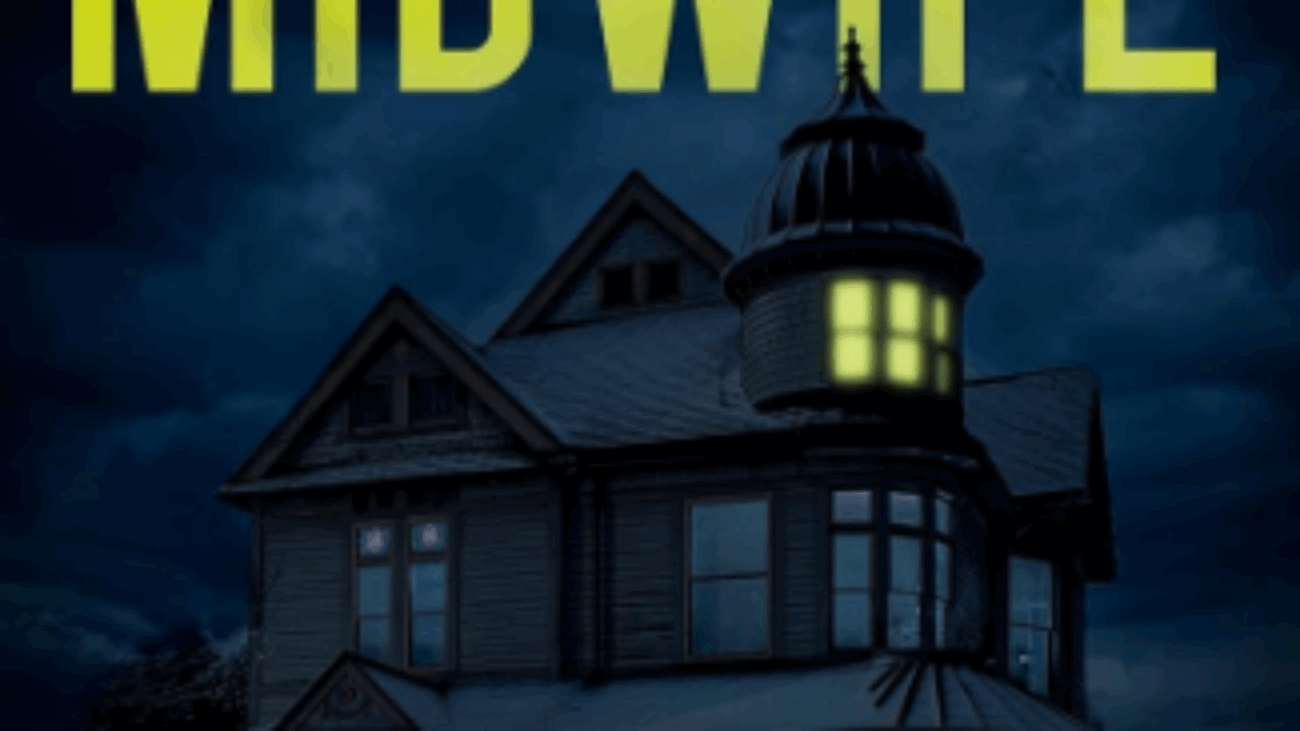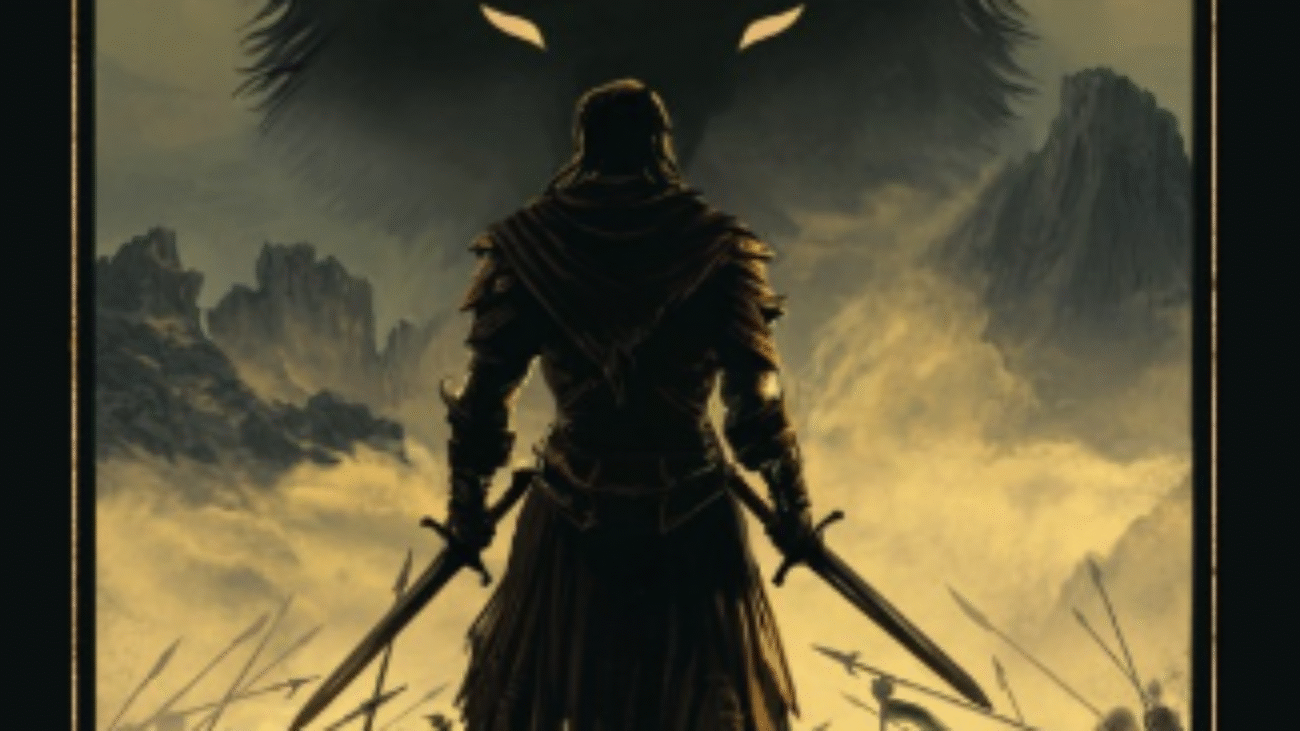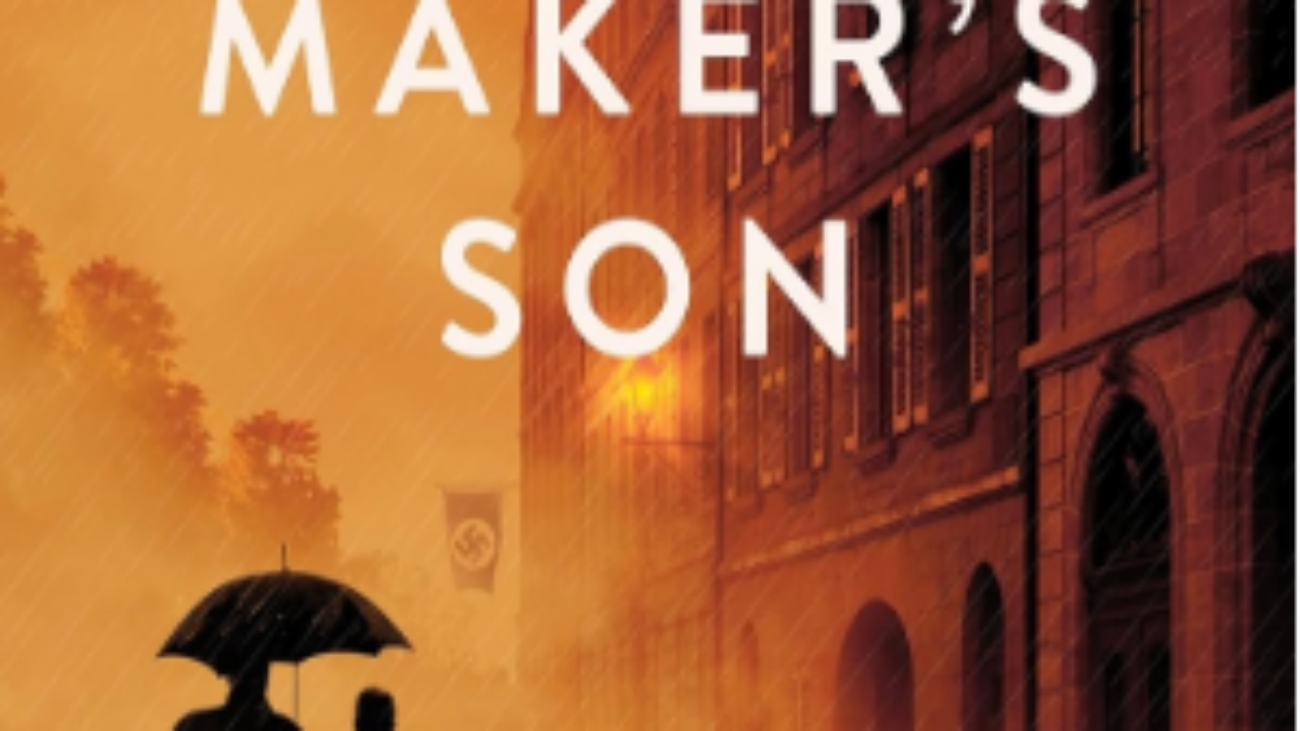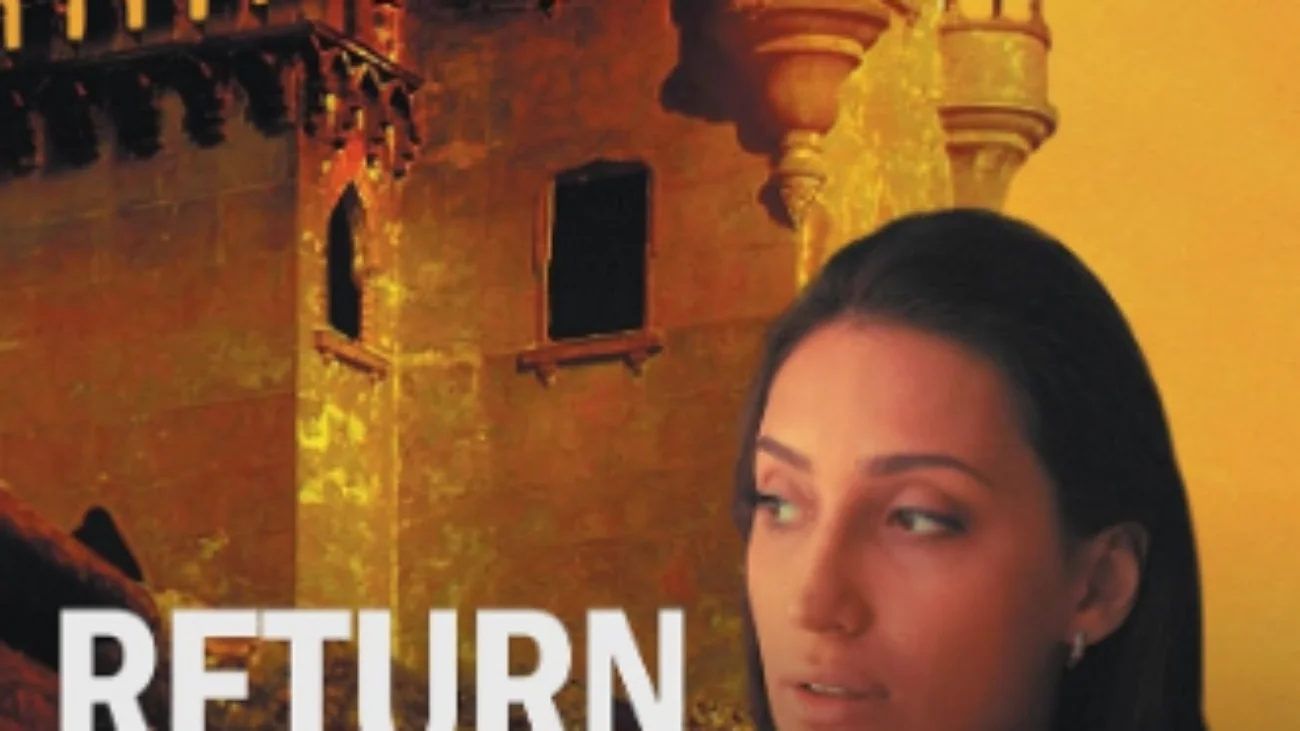Reviewed by Matthew McCarty
Appalachia is a wonderful place. The stories, legends, and myths of this American region are fascinating. Appalachian literature is about faith, family, hard work, and the extended kin networks that meld the dark hollows (pronounced “hollers” in the mountains) into a wonderful tapestry of what the world really should be like. Author Jeffrey L. Carrier, in his short story collection Coal Dust on Purple Asters, has added a new depth to the characteristics mentioned above that make Appalachian literature truly an inspiration. This short story collection is an easy read, but contains powerful and identifiable emotions such as poverty coupled with home, that many Appalachians know all too well. Purchase Here.
Coal Dust on Purple Asters is the multi-generational story of the fictional Gibson clan and their relatives in Burfield county, an idyllic locale that could be any real county in Eastern Kentucky. Each of the stories shares the struggles, dreams, and sadness that make the Gibson family so relatable to Appalachians everywhere. Every Appalachian has heard the accounts of working in the coal mines, farming on the hillsides, natural disasters, and emotional turmoil that have made this region home. The Gibsons are not any different. Their stories are true tales from the mountains.
Carrier uses Appalachian language and dialect skillfully throughout the stories. Each story ties into the next with a fluidity that leaves the reader wanting to find out what happens when the page is turned. Accurate and appropriate Appalachian dialogue is hard to create. Carrier seems to be able to craft the words of the family in each story with ease. This helps the reader to visualize the world of the Gibsons and other families in Burfield county. This world is still very much alive in the hollows and hills of the Appalachians.
Coal Dust on Purple Asters is an excellent little volume. It is a book that one can read on a weekend. It is also a road map for Appalachians who have moved to every corner of the United States and who seek some semblance of a home that is unlike anywhere else. This reviewer grew up in the Appalachian mountains, in the heart of the Southwest Virginia coalfields, spent a great deal of time in Eastern Kentucky, and enjoyed the glimpses of home that this collection inspired. Carrier has written a wonderful collection of stories. Any reader who is interested in Appalachia, its history and literature, would do well to make this collection a prominent part of their spring reading.














